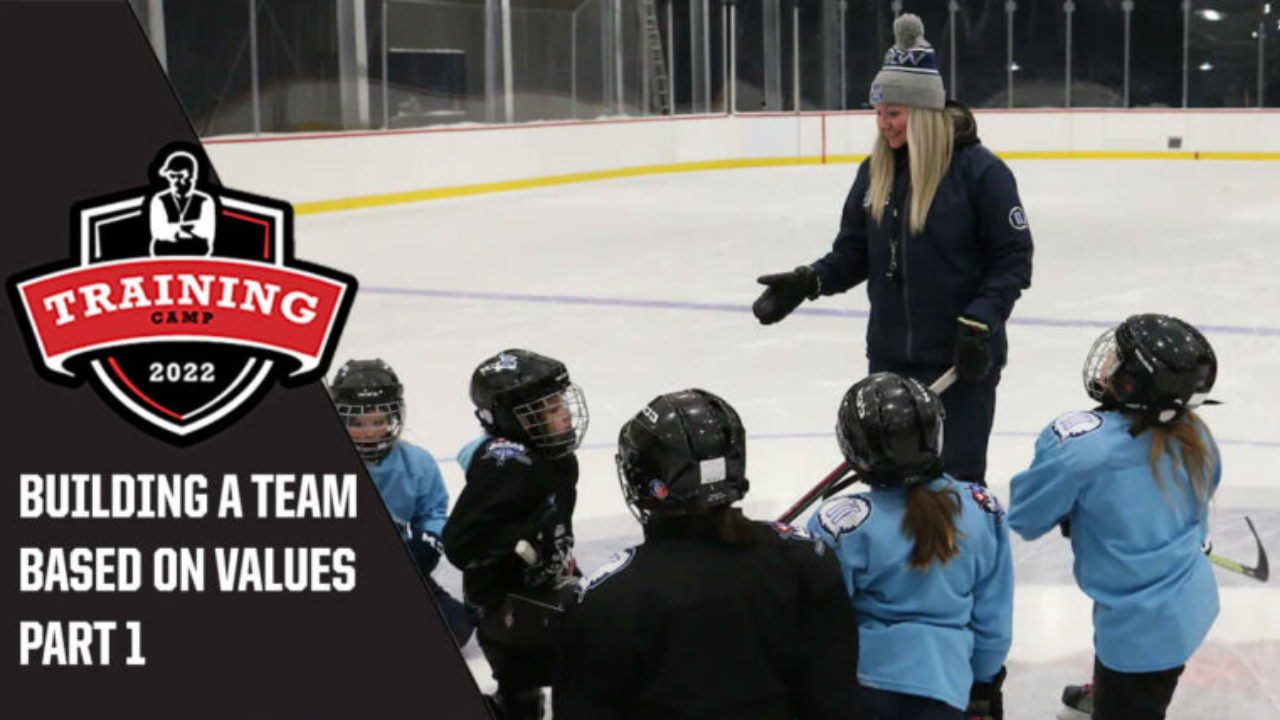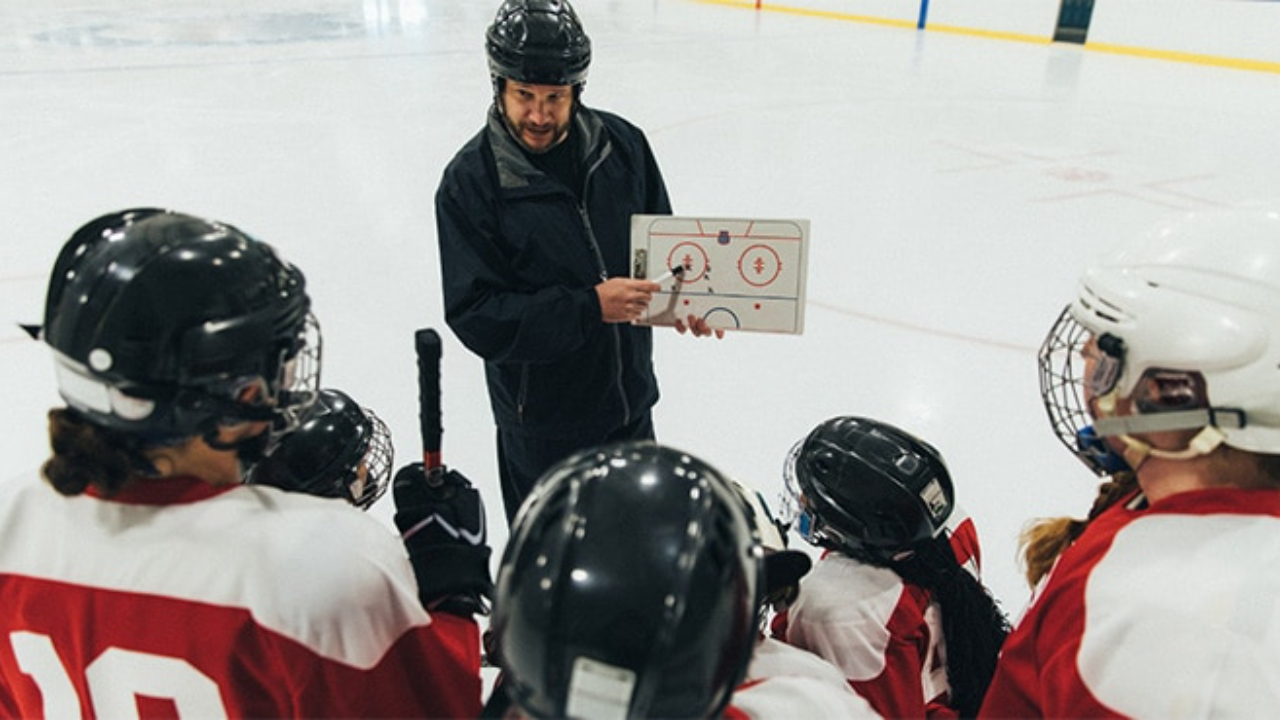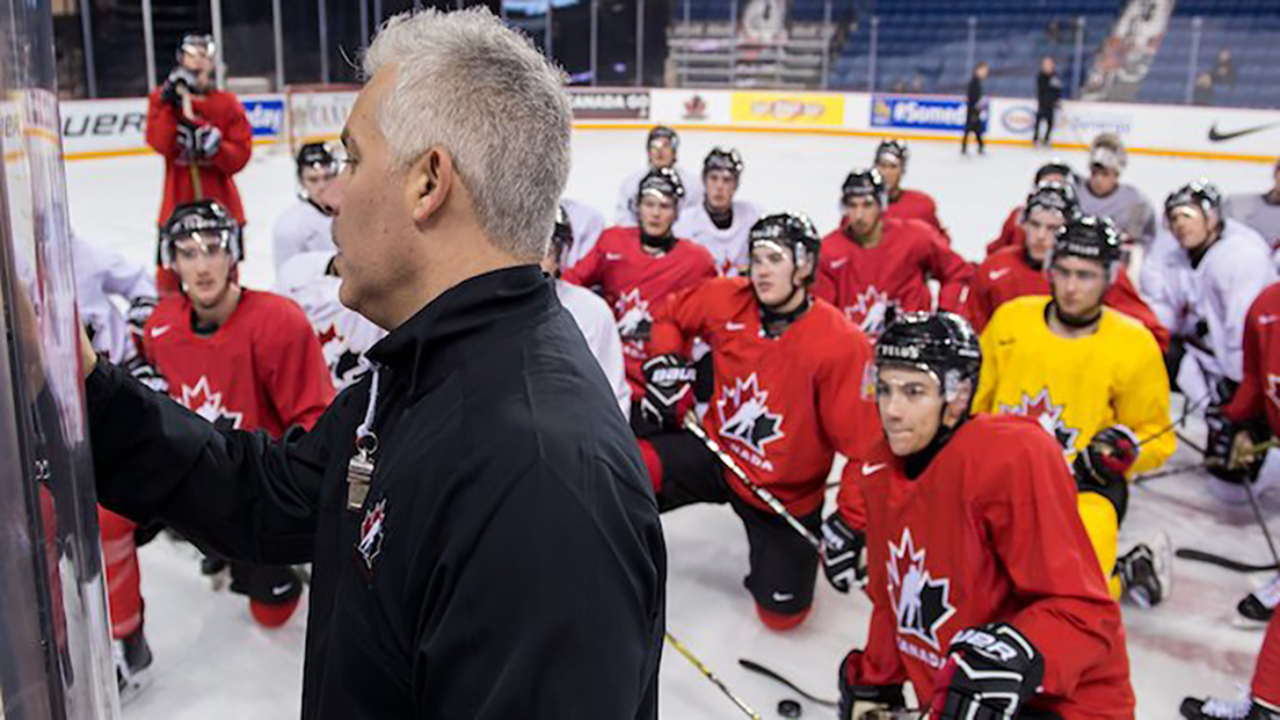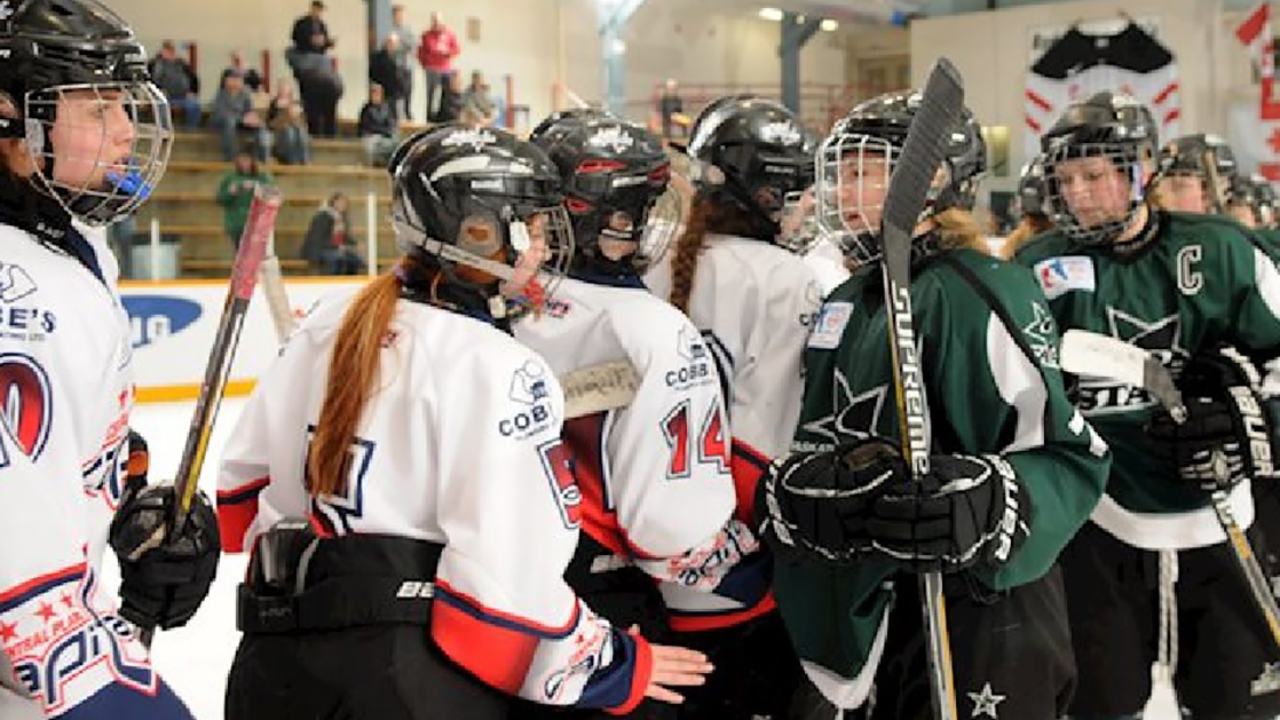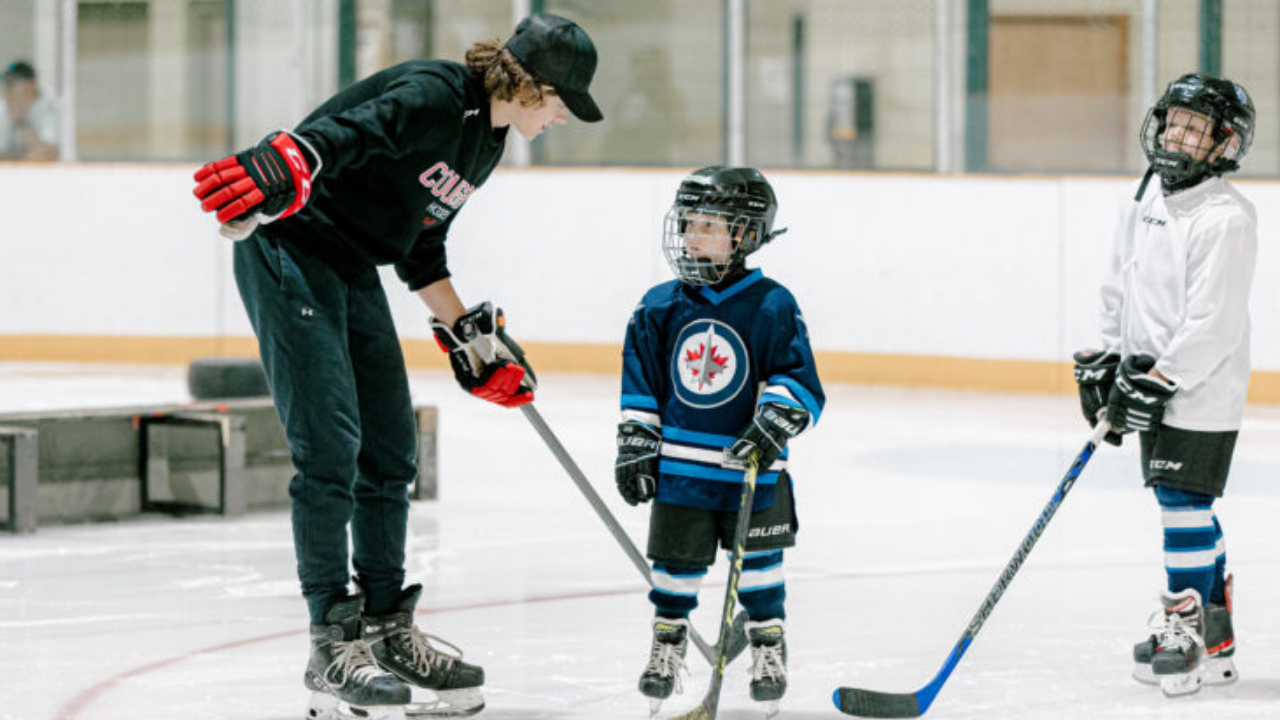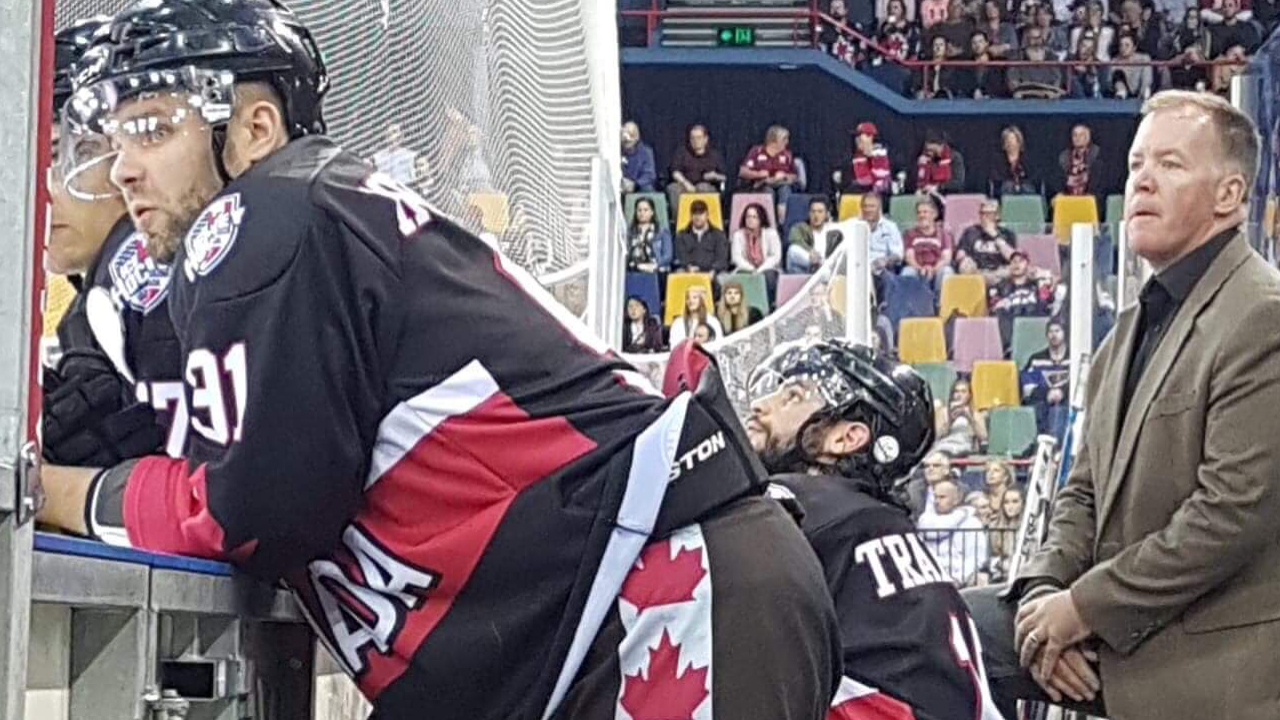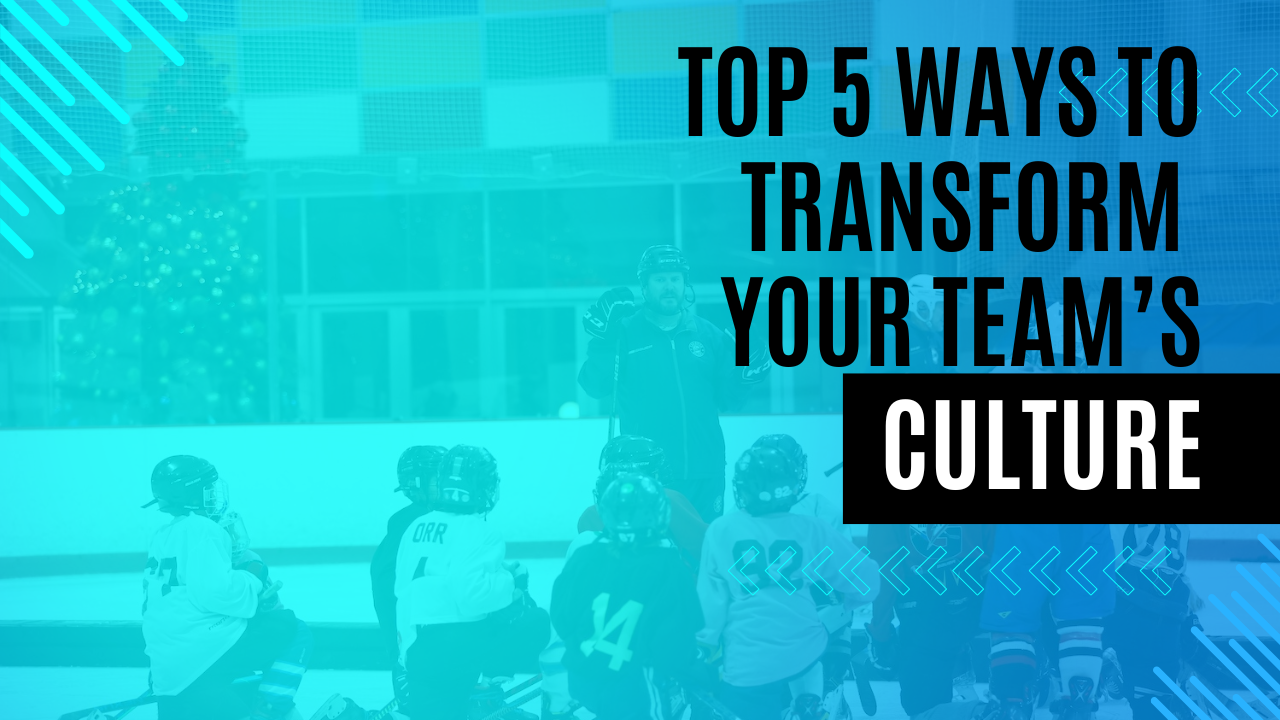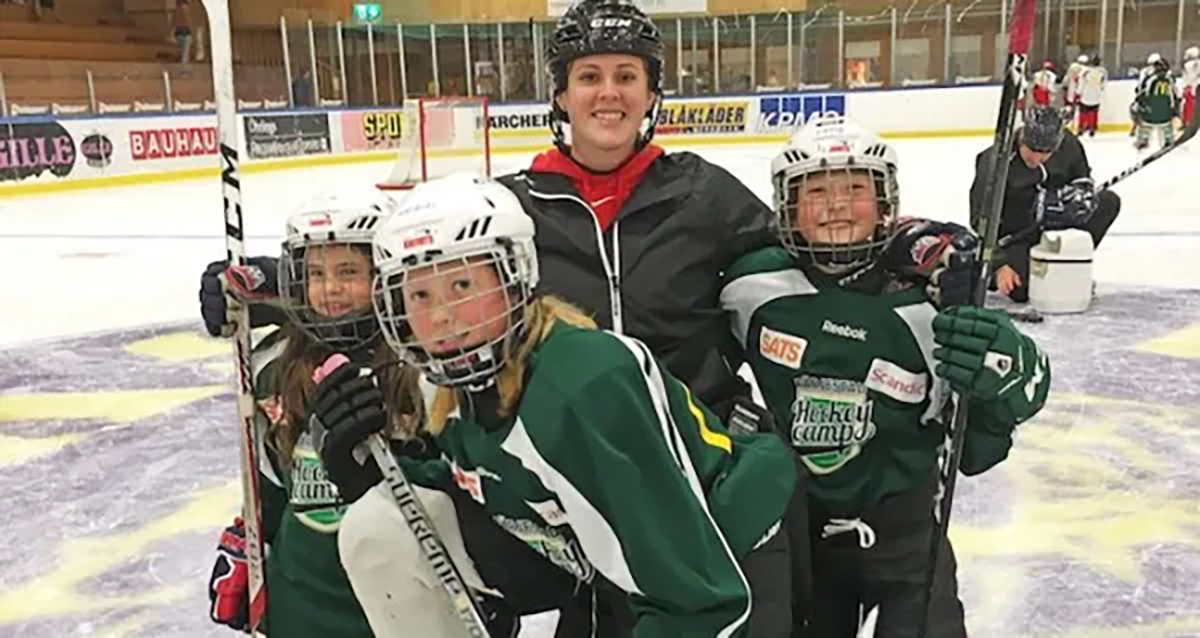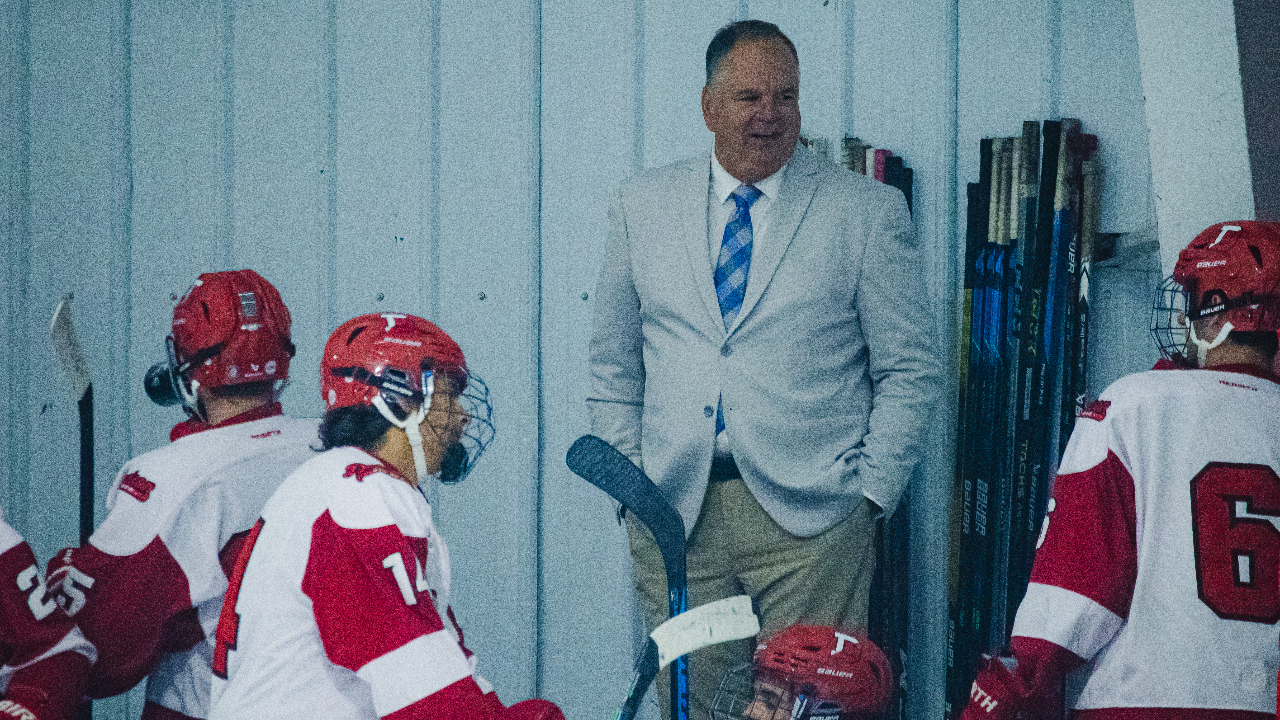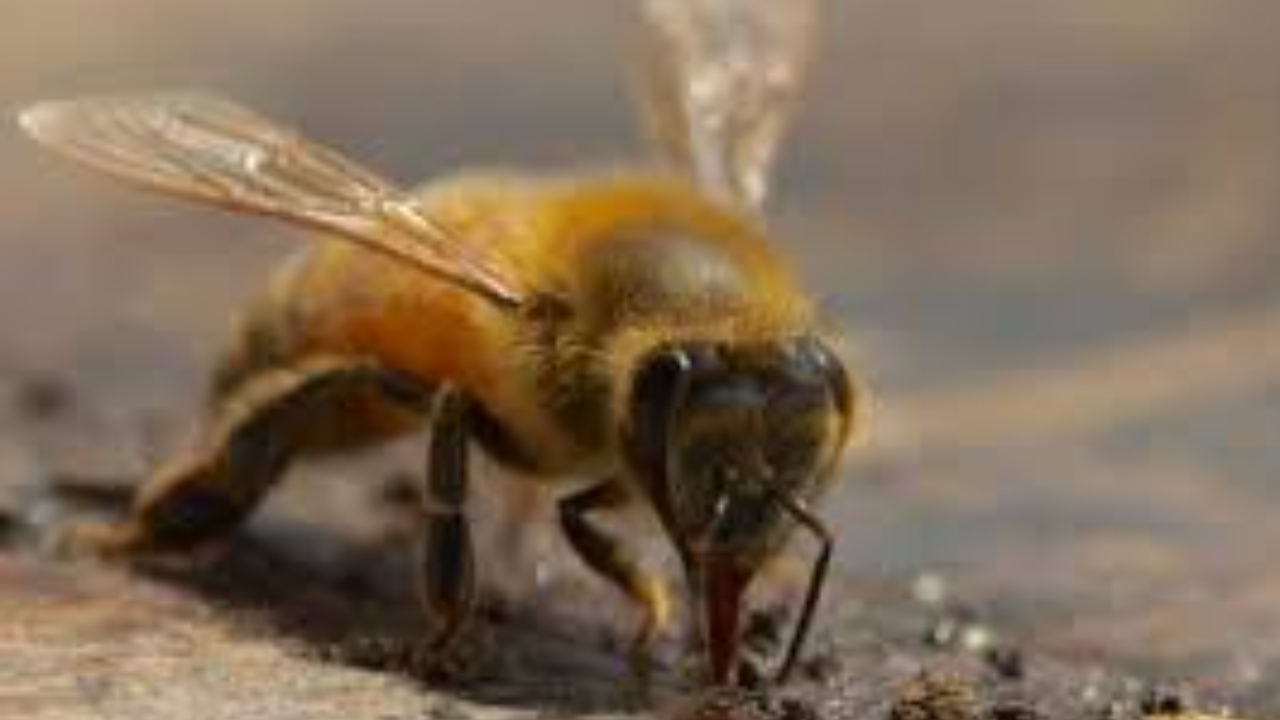
In addition to being a hockey professional, I am also a beekeeper. In my apiary, I’ve developed a deep respect and understanding of my bees — an oddly symbiotic, cross-species relationship. I tend to them, and in return, they reward me with honey.
Suited up in protective gear and guided by countless references, I’ve learned the how, why, when, where, and what of beekeeping. I often find myself listening carefully to the wisdom of more experienced beekeepers, trying to follow their best practices and proven standards. Yet, even with preparation and expertise, beekeeping often defies expectations. What should work sometimes doesn’t. What’s prescribed occasionally fails. And what’s considered conventional can yield disastrous results.
In those moments, I’ve learned that success requires adaptation, customization, and a willingness to individualize — to meet the specific needs of each hive. It struck me one day, as a bee stung my finger, that my bees are not unlike the hockey players I’ve coached.
Here’s what the bees have taught me about coaching:
Be player-centred.
Just as a beekeeper carefully observes each hive, a coach must watch players closely — in practice, competition, and beyond. Are your interventions working? Before acting, ensure your corrections match your players’ unique needs. Understanding your “super-organism” — the collective team — will sweeten your results.
Get over-prepared and stay curious.
Be a student of sport science — physiology, psychology, growth and development, biomechanics. Study the old and embrace the new. Follow mentors, innovators, and credible specialists. Your players notice when you’re informed and current. Master both the art and science of the game, from skate hollows to skill acquisition.
Maximize your environment.
Location is everything — in both hives and hockey. Great beekeepers and coaches cultivate the right surroundings for growth. Even challenging environments can produce “honey” when properly managed. Build a team environment where players feel nurtured, valued, and protected — your hive depends on it.
Intervene at the right time.
Plan, anticipate failure, and adjust thoughtfully. Growth often requires small setbacks. Like beekeeping, coaching demands patience and the courage to let nature (and development) take its course.
Don’t overmanage.
Both bees and players thrive with a light touch. Overhandling hives or overcoaching athletes can disrupt natural progress. Provide purposeful interventions, celebrate effort, and trust the process. Sometimes the best coaching move is simply to observe with reverence and respect.
Keep good data.
Track what matters. Objective analytics and subjective notes together create a full picture of progress. But avoid paralysis by analysis. Information should clarify, not complicate.
Prevention beats the cure.
Healthy hives — and teams — are built on fundamentals and collective strength. Focus on developing habits that prevent issues before they arise. A unified, selfless group can resist the “diseases” of ego, distraction, or poor culture.
Respect the bees (and the players).
Be humble. You are a partner, not a controller. Work obsessively, but become part of the team, not above it. Sometimes there’s honey; sometimes there isn’t. Celebrate the wins, learn from the losses, and marvel at the wonder of the process.
Recruit for character and adaptability.
Top beekeepers don’t select solely for honey yield — they look for resilience, cooperation, and versatility. Great teams are built the same way. Support players as they grow through changing roles, from “nurse” to “forager,” and value those who adapt for the good of the group.
Work with the seasons.
Beekeepers follow nature’s calendar; coaches must do the same. Respect the rhythms of your season — build, perform, recover, and reflect. Align your plans with your sport’s ecosystem and teach players why governance and structure matter.
Use the right tools wisely.
From bee suits to whiteboards, the tools matter — but not as much as the skill and wisdom behind them. Technology and gear can enhance learning, but only if guided by thoughtful coaching.
Beekeeping has taught me that leadership, whether of bees or hockey players, is an act of stewardship, not control. It’s about creating the right conditions for others to thrive — balancing intervention with patience, precision with humility. Coaching, like beekeeping, is both art and science, both craft and calling. When we respect the process, the environment, and those we guide, we find that the sweetest rewards — like honey — come naturally.

